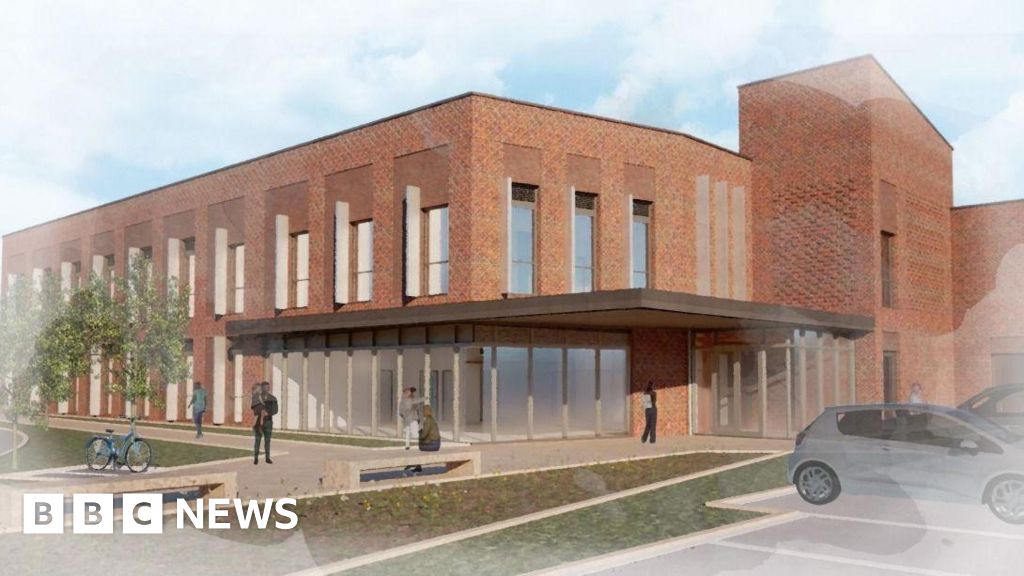Maine's Short-Sighted Policy: Denying Healthcare to Undocumented Workers Hurts Us All

Maine is facing a growing workforce crisis, and a recent policy decision to deny healthcare to undocumented workers is only exacerbating the problem. While the intention might be to control costs or address immigration concerns, the reality is that this policy is economically shortsighted and ultimately harms the entire state.
Let's be clear: undocumented workers are an integral part of Maine's economy. They fill essential roles in industries like agriculture, hospitality, and elder care – jobs that are often physically demanding, low-paying, and unattractive to many citizens. These are the jobs that keep our food on the table, our hotels running, and our elderly loved ones cared for. To suggest that these contributions are somehow less valuable is simply untrue.
Denying these workers access to basic healthcare isn't just a matter of fairness; it's a matter of public health and economic sense. When an undocumented worker gets sick, they are less likely to seek preventative care due to fear of deportation or lack of insurance. This often leads to more serious, and more expensive, medical issues down the line. Instead of addressing the problem proactively, we’re waiting for it to escalate, resulting in higher emergency room visits and potential outbreaks of preventable diseases that can impact the entire community.
Furthermore, sick workers can't work. When a significant portion of our workforce is sidelined due to illness, it impacts productivity, supply chains, and ultimately, the Maine economy. Businesses struggle to find reliable employees, leading to increased costs and potential closures. This isn't just a problem for the undocumented workers themselves; it's a problem for everyone.
Consider the impact on Maine's agricultural sector. Farmworkers, many of whom are undocumented, are essential to bringing in the harvest. If these workers are sick and unable to work, crops will go unpicked, leading to food shortages and higher prices for consumers. The same holds true for the hospitality industry, where a shortage of workers can lead to reduced services and a decline in tourism.
Opponents of healthcare for undocumented workers often argue about the cost. However, the costs of inaction – the increased emergency room visits, the lost productivity, the potential for disease outbreaks – far outweigh the investment in preventative care. A healthier workforce is a more productive workforce, and a more productive workforce benefits everyone.
Maine needs to reverse this misguided policy and recognize the vital contributions of undocumented workers. Providing access to basic healthcare isn't just the right thing to do; it’s the smart thing to do. It's an investment in our economy, our public health, and our future. Let’s build a Maine where everyone, regardless of their immigration status, has the opportunity to thrive.
The current approach is a band-aid solution that ignores the underlying problem. We need a comprehensive approach to immigration reform that recognizes the economic realities of our state and prioritizes the health and well-being of all residents. Maine's future depends on it.






